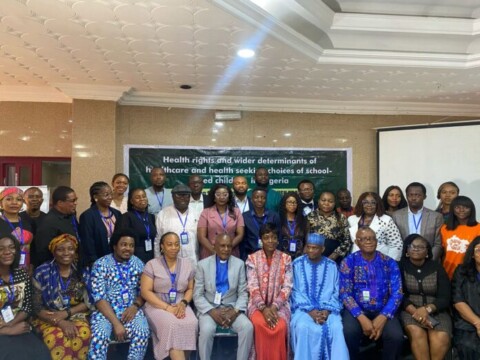Nigeria’s Minister of Education, Dr. Tunji Alausa, has urged tertiary institutions nationwide to boost student admissions, particularly in critical fields like medicine, nursing, pharmacy, agriculture, and education.
Speaking on Tuesday during the opening of the Joint Admissions and Matriculation Board (JAMB) Policy Meeting in Abuja, Alausa expressed concern that universities and other higher institutions are underutilizing their admission capacities.
“We have taken deliberate steps to expand access to tertiary education, especially in essential sectors such as medicine, nursing, and pharmacy. JAMB’s data clearly reflects this,” Alausa said.
Providing statistics from 2024, the Minister highlighted significant gaps between available admission quotas and the actual number of students admitted. For medicine, pharmacy, and health sciences, there were 114,120 slots available, yet only 80,075 candidates were admitted from an initial pool of 577,575 applicants.
In agriculture, institutions had a quota of 56,576, with 23,964 initial applications and 26,108 students eventually admitted. In the education sector, while 143,127 slots were available, only 87,329 candidates were admitted out of 73,346 applications.
Alausa emphasized the need for data-driven planning to address these discrepancies. “We must begin to use data effectively in our planning processes. When you examine the quotas across all courses, there’s a clear gap between available spaces and actual admissions. We have the capacity, but we’re simply not admitting enough students,” he explained.
He stressed the importance of closing this gap to expand access to higher education for Nigerian youth. “We need to delve deeper into why these gaps exist and use data to guide our decisions. If we start closing the gap, we can offer more opportunities for our children to pursue higher education. They deserve the chance to go to school,” he added.





